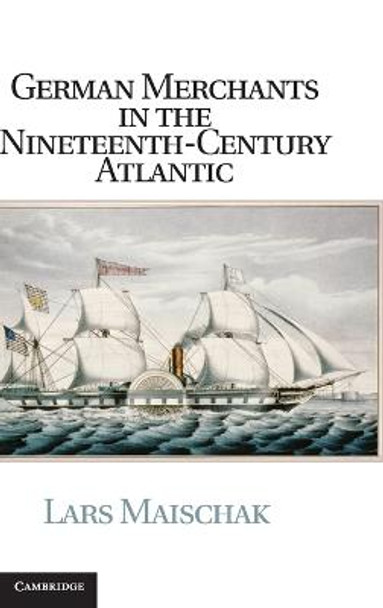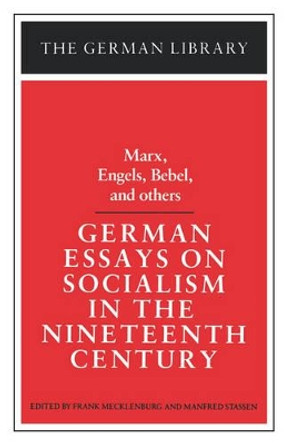Description
Studies the ties between America and Bremen in the nineteenth century, illuminating the role of merchant capital in making an industrial-capitalist world economy.
About the Author
Lars Maischak is a lecturer in the history department at California State University, Fresno. This study is based on Maischak's dissertation, for which the Friends of the German Historical Institute awarded him the Fritz Stern Prize for the best dissertation in the field of German-American History in 2006.
Reviews
'Lars Maischak's research on Hanseatic merchant capitalism and its transatlantic economic networks marks a signal achievement in Atlantic World scholarship. By integrating German Hanseatic networks into the Atlantic economy of antebellum America and northern Europe, Maischak throws light on a much-neglected component of nineteenth-century transnationalism. Alive to the cultural attitudes that shaped the business practices of merchant communities, Maischak deftly deploys numerous lenses to study how cosmopolitan conservative patrician traders, in abetting the rise of industrial world markets, brought about their own decline. This insightful and wide-ranging discussion elegantly restores the economic and sociopolitical world of merchant capitalists, whose compelling story runs counter to the dominant narratives of nation-states and industrialization. Well written and conceptually smart, this book speaks to numerous discussions in nineteenth-century studies.' James M. Brophy, University of Delaware
'Painstakingly tracing the transnational community of Hanseatic merchants living in Bremen, New York, and Baltimore, Lars Maischak recovers the global dimensions of the antebellum American economy. Deftly managing German and American sources and tracing German-American ties beyond the marketplace to the political and intellectual clubs and associations of New York and Baltimore, Maischak convincingly demonstrates that the origins of American industrial capitalism in the nineteenth century depended on institutions and practices developed in a transnational context. In the process he explains how this community of elite merchants helped transform an Atlantic marketplace into a global one.' Christian J. Koot, Towson University
'Lars Maischak's study of the merchants of Bremen in Germany and North America is an excellent work of nineteenth-century history. Deeply researched and elegantly argued, the book's trans-Atlantic perspective offers intriguing insights into a wide variety of topics: from the gendered administration of family property to the doctrines and practice of nineteenth-century conservatism, and from a consideration of the supporters and opponents of nationalism to an analysis of the financial and economic transition from mercantile to industrial capitalism.' Jonathan Sperber, University of Missouri
'... a detailed expose ... [Maischak's] work significantly pushes scholars of the antebellum United States and of circa-1848 Germany to extend their narratives.' Kristin L. Condotta, H-Soz-u-Kult
Book Information
ISBN 9781107017290
Author Lars Maischak
Format Hardback
Page Count 315
Imprint Cambridge University Press
Publisher Cambridge University Press
Weight(grams) 600g
Dimensions(mm) 242mm * 162mm * 22mm







